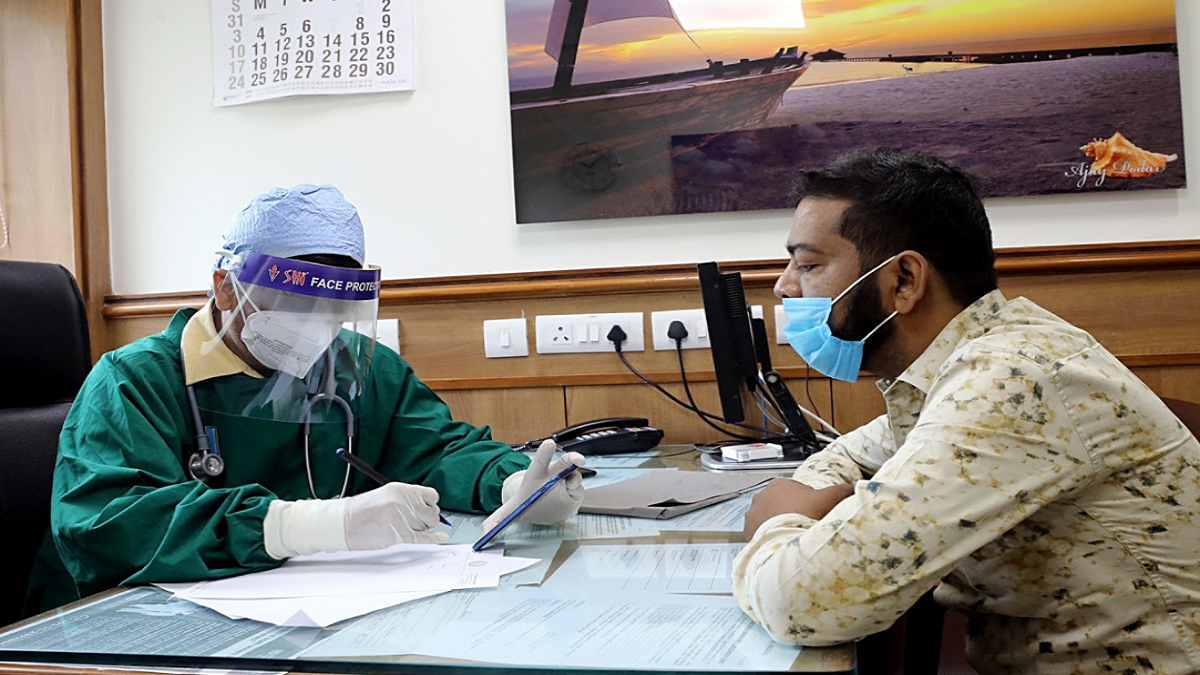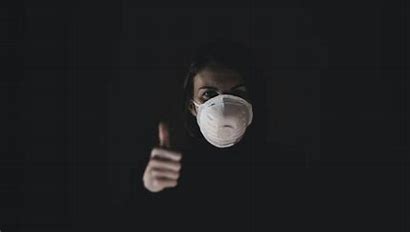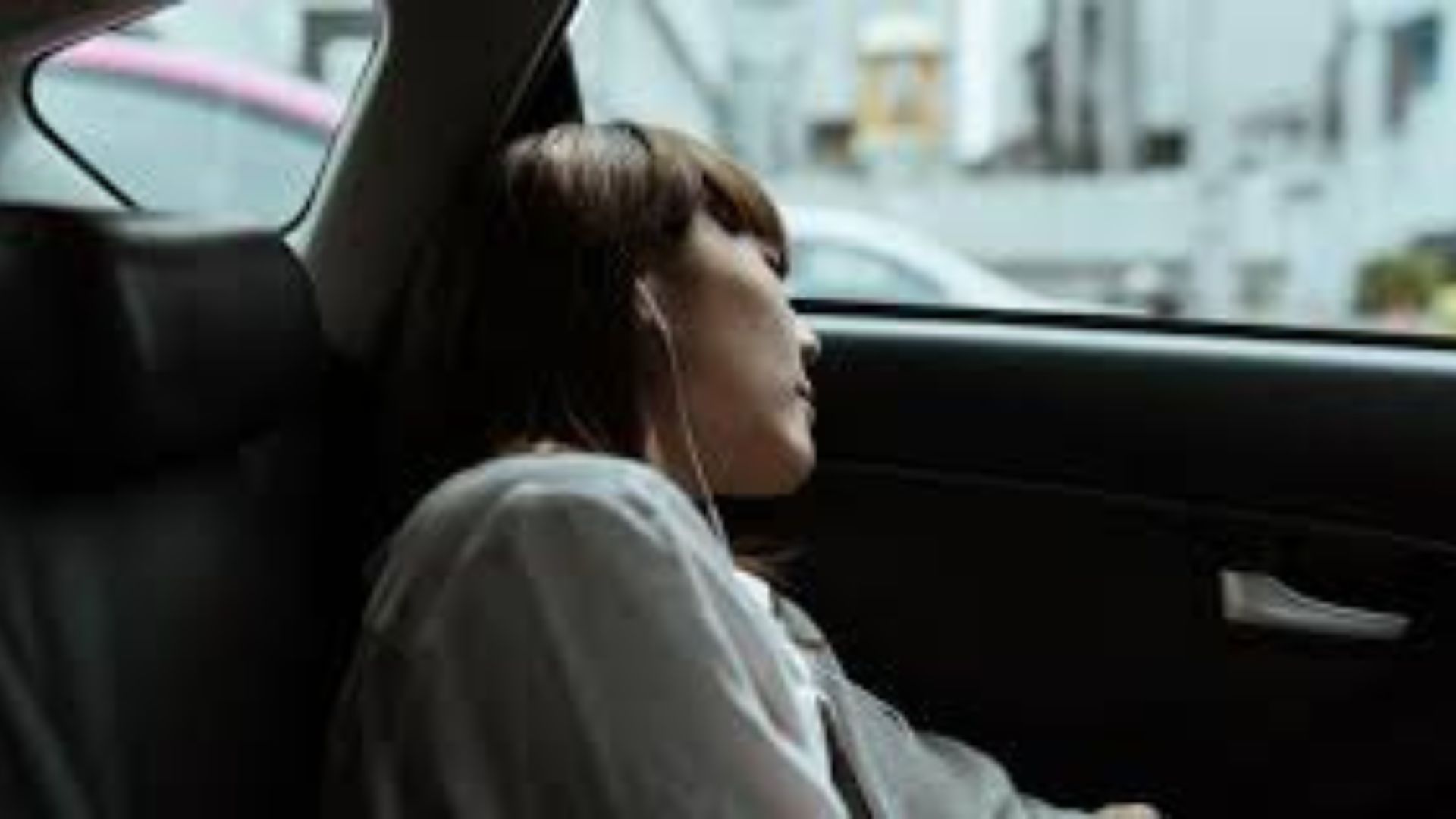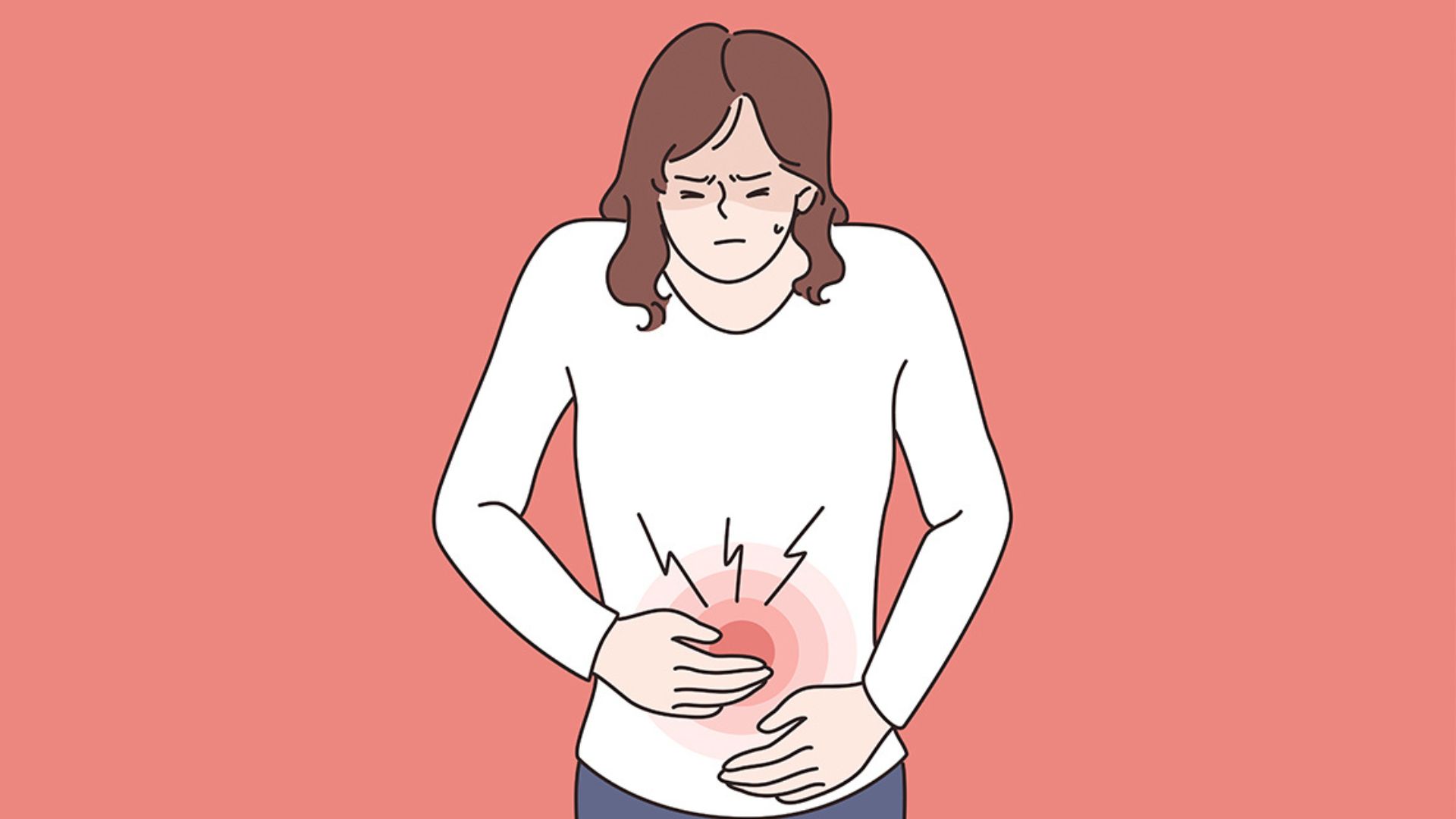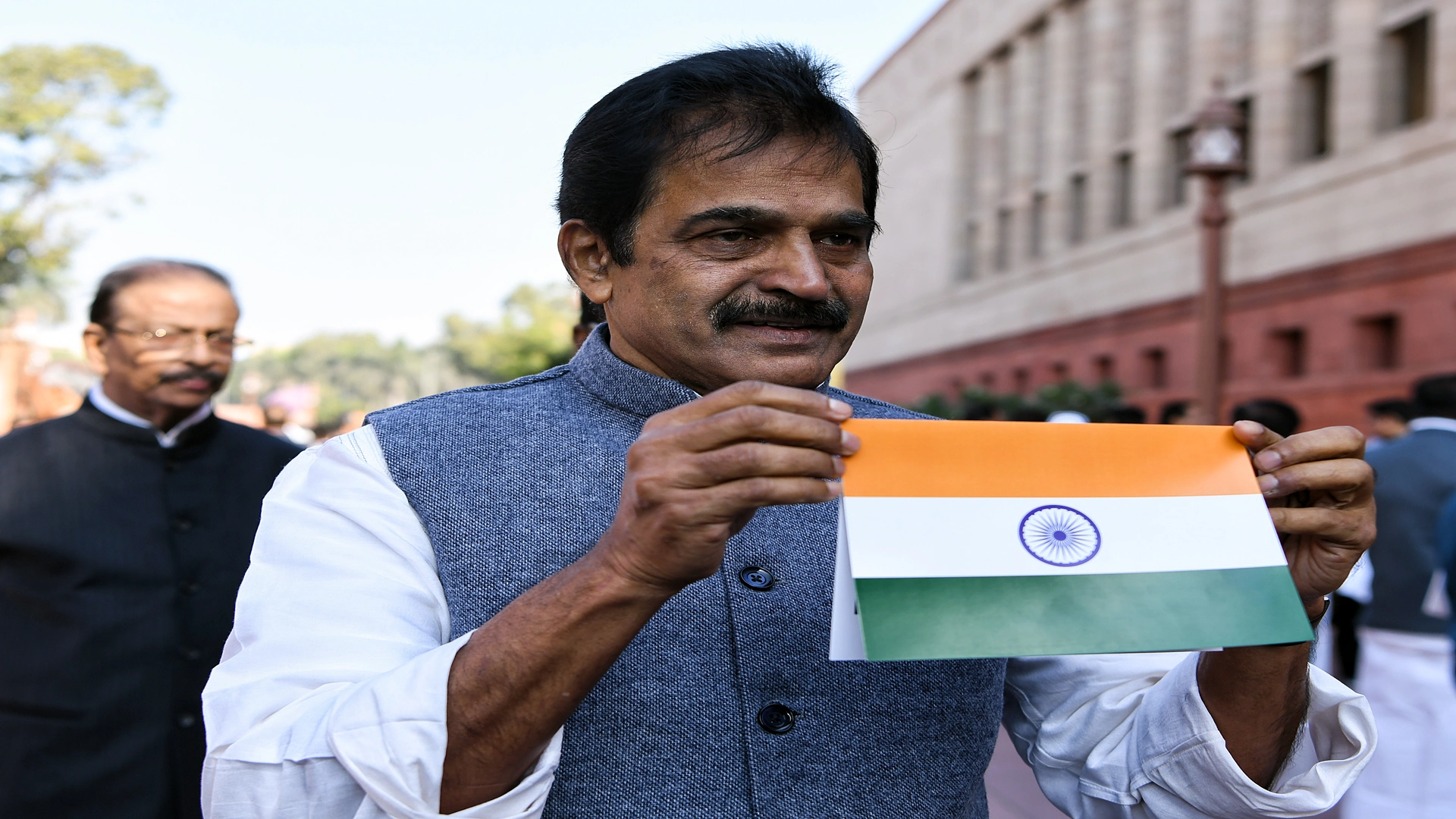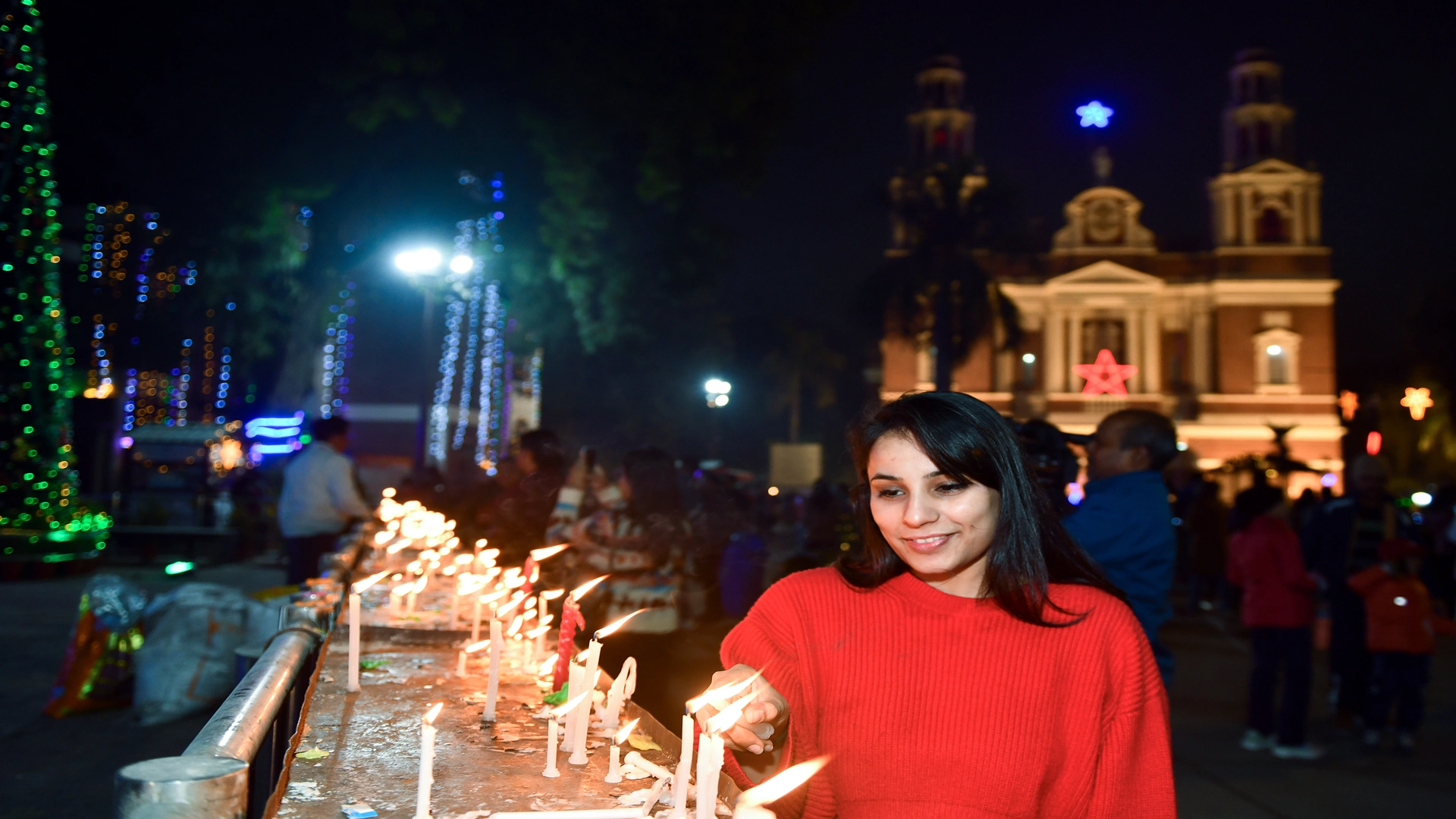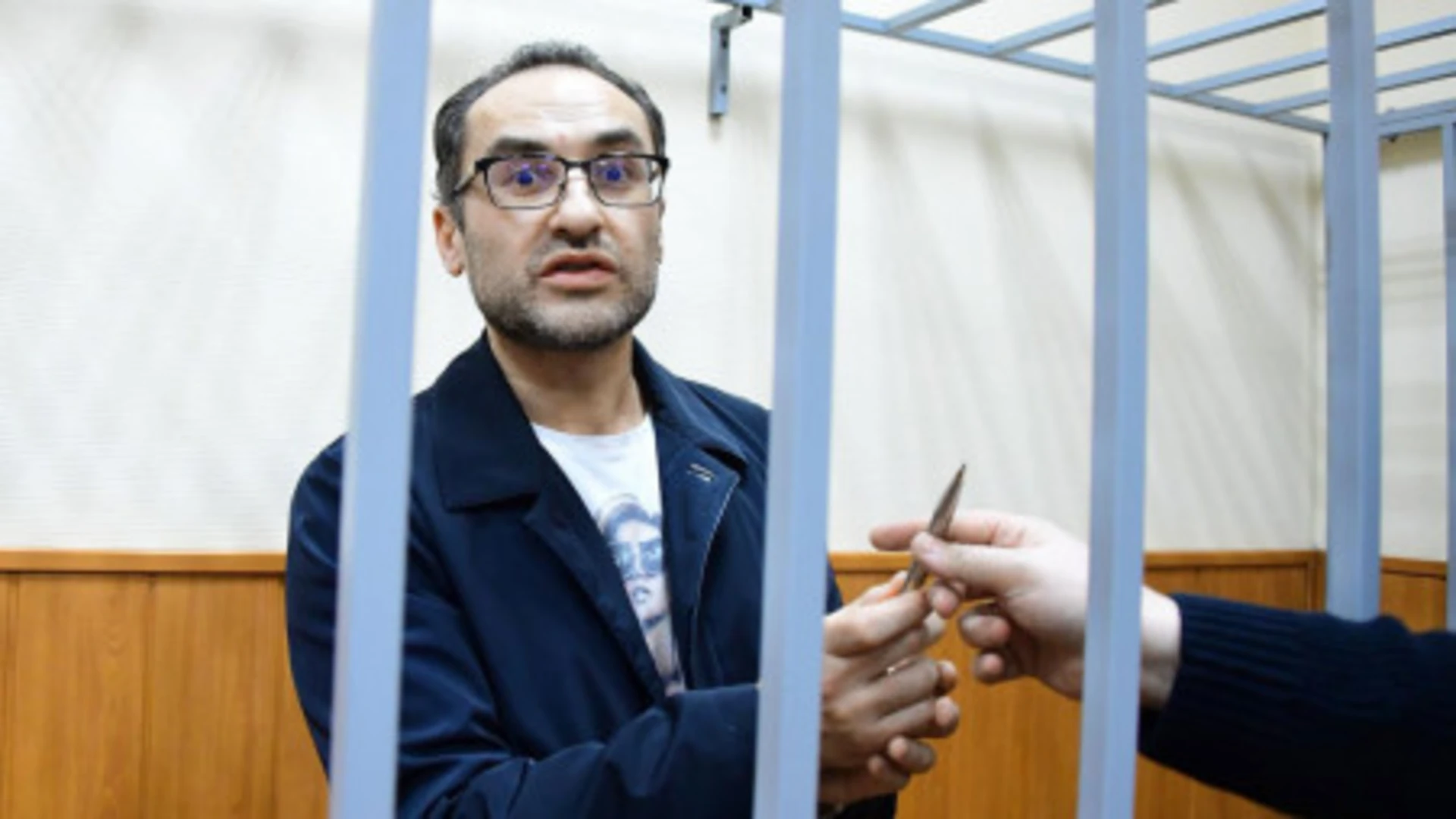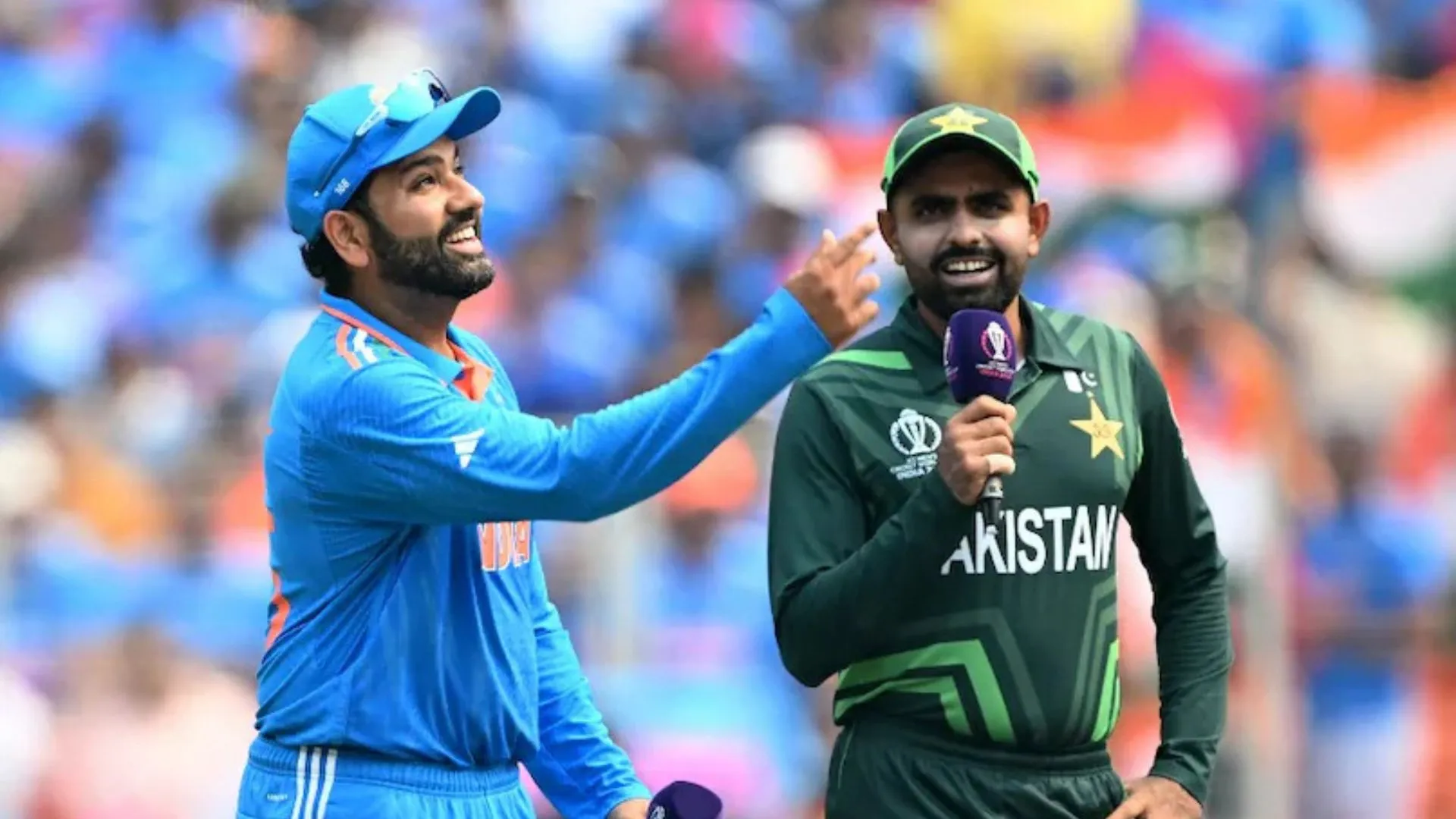With the pandemic going on, people have been visiting hospitals only in cases of life-threatening diseases, or if they are in unbearable pain. However, delaying or avoiding treatment is making their conditions worse. A diabetic who would have gone for a regular check-up every month stayed home due to the pandemic and landed with diabetic ketoacidosis which is a dreaded complication. A pregnant woman who has not gone for regular check-ups suffered from the intrauterine death of the foetus. A patient with hypertension had a stroke due to the lack of a followup. Meanwhile, a patient with bleeding ended up with severe anaemia due to lack of medical attention.
“People have been focusing only on Covid-19 and its admissions but are neglecting the overall healthcare,” says Dr Vidya Bhat, laparoscopic surgeon, fertility specialist and medical director at Radhakrishna Multispeciality Hospital and IVF Centre, Bengaluru. She points out that in a country like ours where a consultant can be approached directly and where treatment can be given immediately, it is a disaster that such a large population has suffered without seeking medical facilities.

Covid-19 has affected routine outpatient care, inpatient management and elective surgeries. It would have been ideal if emergency services were not affected. Dr Manohar K.N., Consultant, Internal Medicine at Manipal Hospital, Old Airport Road, Bengaluru, underlines, “The fear of this pandemic has created so much furore that even conditions requiring emergency services took a back seat especially during the initial phase of the pandemic when people requiring emergency care were hesitant to come.” There have been instances where many of the doctors felt that the patients could have come much earlier. He continues, “With time, people are now learning to live with this disease. When compared with the early stages of the pandemic to the current scenario, they are visiting hospitals not only in emergency cases but also for other important health issues. Video consultations are also on the rise.”
Dr Shrirang Kulkarni, Consultant, Orthopaedics at Aditya Birla Memorial Hospital, Pune, believes that all medical emergencies always need urgent attention. She says, “There are some life-threatening medical emergencies like MI, arrhythmias or stroke which can be reversed if treated within the golden time. The surgical emergencies can be devastating as well as risking the life or limb of the patient.”
Dr Kulkarni adds that although cardiac and neurological emergencies are unchanged, surgical or trauma-related emergencies have reduced significantly. All elective surgeries/procedures have also reduced significantly. According to Dr Bhat’s observation, in the past six months, the footfall of patients in the emergency department has come down by 30 to 40%. The common man is more scared of the coronavirus pandemic than his general health.
Don’t neglect chronic pain
People have been delaying or avoiding seeking treatment of chronic pain conditions in the past few months as rapidly spreading infections such as Covid-19 has understandably generated significant anxiety and the lack of knowledge about the behaviour of the virus has only added to fear and misconceptions. In case of stable chronic pain, if it is not serious and doesn’t adversely impact the quality of life, it may be justified for delaying hospital visits but the same cannot be said about all situations, highlights Dr Amod Manocha, a senior consultant and head of Pain Management Services at Max Super Speciality Hospital, Saket.
He further adds that hospitals are often perceived as high-risk zones for catching an infection. A rational individual will weigh the risks of seeking treatment with that of not seeking medical care before concluding. Sometimes the fear takes the better of us, forcing us to ignore the obvious and take unjustified risks. “I have seen a few patients who have come to permanent harm by not seeking appropriate timely medical care. Media stories can have a significant influence on modulating public opinion too,” states Dr Manocha.
Heart patients avoiding surgery
“People suffering from heart diseases which require surgeries are avoiding treatment due to the paranoia around Covid-19. It seems we are ignoring the fact that more people are dying due to heart disease, even in the pandemic,” highlights Dr Bipeenchandra Bhamre, a cardiothoracic surgeon at Sir H N Reliance Foundation Hospital and Research Centre. Delaying treatment is increasing the risk of heart attacks. He adds that among those waiting for bypass surgery for the last six months, some might have already suffered heart attacks while still on the waitlist. However, since the lockdown has lifted, doctors have started doing elective cardiac surgeries with due Covid-19 precautions.
Impact on outpatient visits
In line with the government directive, most people are venturing out only for very essential requirements and outpatient visits for chronic pain conditions have reduced, notes Dr Manocha. He adds, “This, however, cannot be looked at in isolation as there exists a complex relation to other hospital indices with more and more patients availing the option of introduced online consultations.”
Not only has the number of OPD visits changed but also the presenting case mix has transformed as an increasing number of individuals are being exposed to unaccustomed activities and timeout from their routine schedule. Whether it is sitting for long hours in a non-ergonomically designed work-from-home chair or doing household chores due to the absence of help or taking time away from regular walks or gyms, such unaccustomed activity can be a seed for pain flares, he remarks.
Separate Covid & non-Covid areas
Divulging details about the decline in OPD cases at the hospital due to the pandemic, Dr Prashant Borade, head of Critical Care Unit at Global Hospitals, Parel, Mumbai says, “Ever since the lockdown due to the pandemic began in India, OPD cases reduced to less than 10%. We had to shut down the OPD and the patients were being treated through emergency care, including OPD cases, as there was a scare of spreading the virus to other patients. We created Covid and non-Covid zones in our hospital with separate entries and exits and proper screening procedures in place, including detailed examinations of patients and Covid-19 tests when required. Our hospital also has a suspect zone where a patient is first evaluated and then admitted to Covid and non-Covid zones.” Dr Kulkarni realises that people are gripped with fear and are avoiding hospitals visits altogether until necessary but all major hospitals are properly segregating patients. They are also being screened well and taken utmost care of.
Dr Borade stresses that the OPD has started gaining strength in recent times and the number of patients has increased to 25%. Since March to April, those with chronic diseases have started returning to the hospitals. He adds, “We are diligently doing CT Scans and rapid testing of late which has made the process more expedient. In the last four weeks, the situation has been gradually getting back to normal.”
Effectiveness of teleconsultations?
The number of teleconsultations has gone up considerably. Says Dr Bhamre, “The number of patients coming to the clinic or OPD is less, but in many cases, we are doing teleconsultations. In 2019, I didn’t do a single video consultation and this year I am talking to at least two to three patients via teleconsultation a day. As the Covid-19 fear is slowly declining with time, we are doing more and more surgeries. We must follow Covid-19 precautions during open-heart surgeries to keep a check.” Dr Borade says that in mid-April they started video consultation facilities and it has been a boon for chronic illnesses including COPD, kidney failure and stroke patients. He elucidates, “Teleconsultation is gaining strength, however, it has certain limitations. Ideally, the doctor would want to examine the patient which is not always possible through this mode of treatment. It is more of an investigation-oriented process.”
“Given the benefit of doubt for the patient and the current situation, this works best for their safety. It is suitable for chronic illness cases as such patients are more prone to viral infections and we wouldn’t want them to take the risk of visiting hospitals until required,” emphasises Dr Borade. Adding to it, Dr Manocha says that there are other issues beyond individual choices which cannot be overlooked like the reduced availability of medical care facilities due to a diversion of health resources to fight Covid-19 and the governmental directives on the dos and don’ts.
When to seek medical help
There is always confusion for a common person while deciding when to seek medical help. Dr Shrirang Kulkarni informs, “Your family physician is always helpful. If not at a large scale, multi-specialty hospitals are always open to heal and treat all sorts of emergencies. Individuals with comorbidities such as diabetes, hypertension and heart disease should always be careful and not neglect any unusual symptoms.”

